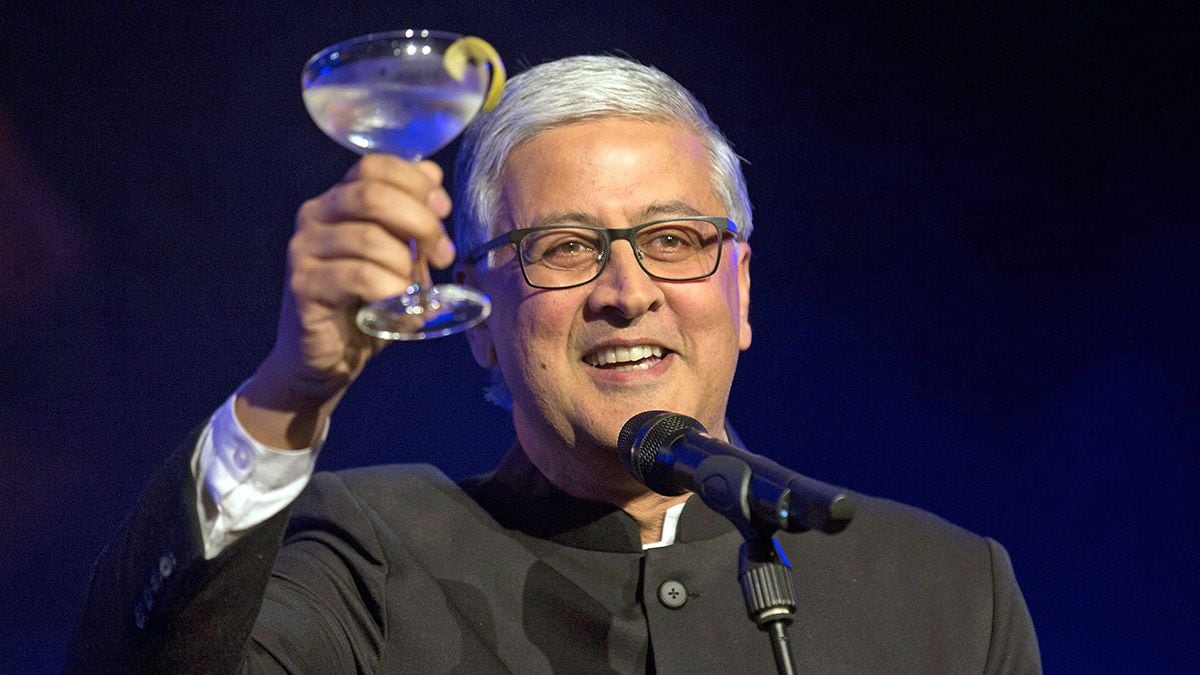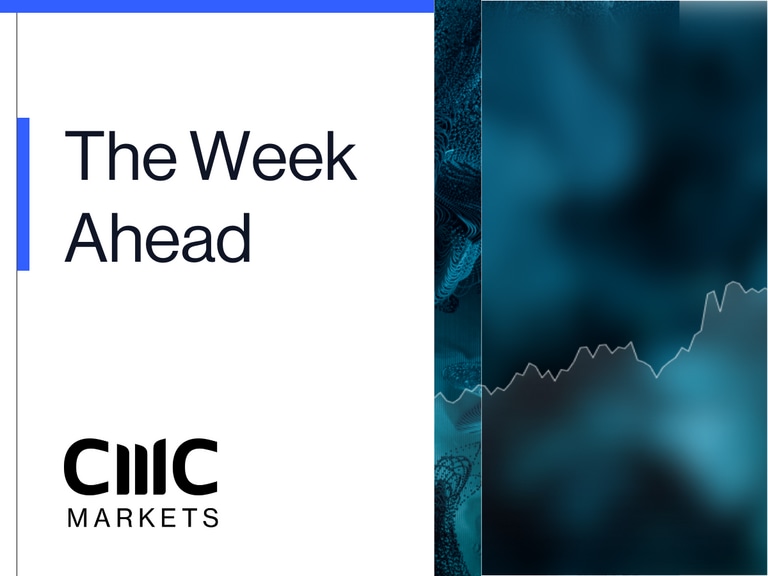
Investors raised a glass to drinks giant Diageo [DGE] last year, with the Diageo share price gaining more than 40% in 2021. Will the stock continue to hit heady heights after Diageo reports first-half earnings for its 2022 fiscal year on 27 January?
Despite the hit taken by the hospitality industry during the coronavirus pandemic, the owner of brands including Guinness, Johnnie Walker and Smirnoff had a profitable fiscal 2021. Net sales for the year ending 30 June were £12.7bn, up 8.3% from £11.7bn reported in fiscal 2020, with an organic growth rate of 16%. Its operating profit jumped 74.6% from £2.1bn to £3.7bn, while earnings per share soared 89.4% to 113.8p.
Although travel retail revenue declined 62% due to the impact of Covid-19, the overall strong performance was underpinned by North American sales. The region brought in £5.2bn – or 41% of total revenue, up 13% from £4.6bn in 2020. All regions reported double-digit growth except Europe and Turkey.
Assessing Diageo’s performance, Hargreaves Lansdown analysts wrote: “While we can’t deny the last year’s been challenging, with core hospitality customers facing ongoing restrictions, Diageo’s varied products and geographies have helped it weather the storm, and it recovered well.”
Despite the largely positive fiscal 2021 results, the Diageo share price fell 3.6% when it announced its annual earnings on 5 August. The stock went on to recover and ended 2021 up by 43.4%.
What to expect from earnings and the Diageo share price
In September, Diageo said it had made a strong start to the trading year, but expected some near-term volatility, especially in the eventuality of future coronavirus waves. The company provided a trading update in November, in which it said it was expecting half-year organic sales growth to be 16%. The upcoming half-year report should reveal whether the company met this target and the extent to which the omicron variant impacted sales.
The November update cheered investors, who pushed the Diageo share price to new heights. But despite reaching an all-time high of 4,110p on 4 January, the share price has since faltered and has fallen 10.5% year-to-date to 3,673p, as of Tuesday’s close.
According to AJ Bell’s Russ Mould, investors should also keep an eye on pre-tax profit. Analysts are expecting to see a 16% increase for the full year to £4.3bn but a more moderate 8% increase in the first six months of the year to £2.4bn, says Mould.
Analysts are also expecting Diageo to increase its full-year dividend by 5%, up from a 4% increase in 2021, adds Mould. The company paid out an interim dividend of 27.96p for the first half of the past fiscal year.
Premium brands set to drive future growth
Despite near-term uncertainty, the longer term outlook for Diageo appears positive. The company has an ambitious growth strategy, including a focus on “premiumisation” in countries such as China, where Johnnie Walker is the biggest scotch brand by volume and retail sales value.
Premiumisation could help to continue to drive global sales in the long term. Diageo said in its November trading update that it is expecting organic sales to grow between 5% and 7% between fiscal 2023 and fiscal 2025. It is also forecasting operating profits to grow in a range of 6% to 9%.
Analysts at Berenberg were impressed by the guidance provided by Diageo in its November update, according to a client note seen by ShareCast. They argued that the company offers “attractive exposure to the outperforming spirits market of the US” and raised their target for the Diageo share price from 3,700p to 3,900p, but reiterated a hold rating.
The Hargreaves Lansdown analysts’ view is that “the group’s array of strong brands means the long term should see steady, rather than spectacular, growth”.
Disclaimer: CMC Markets is an execution-only service provider. The material (whether or not it states any opinions) is for general information purposes only, and does not take into account your personal circumstances or objectives. Nothing in this material is (or should be considered to be) financial, investment or other advice on which reliance should be placed. No opinion given in the material constitutes a recommendation by CMC Markets or the author that any particular investment, security, transaction or investment strategy is suitable for any specific person. The material has not been prepared in accordance with legal requirements designed to promote the independence of investment research. Although we are not specifically prevented from dealing before providing this material, we do not seek to take advantage of the material prior to its dissemination.



















